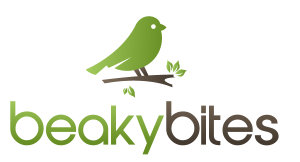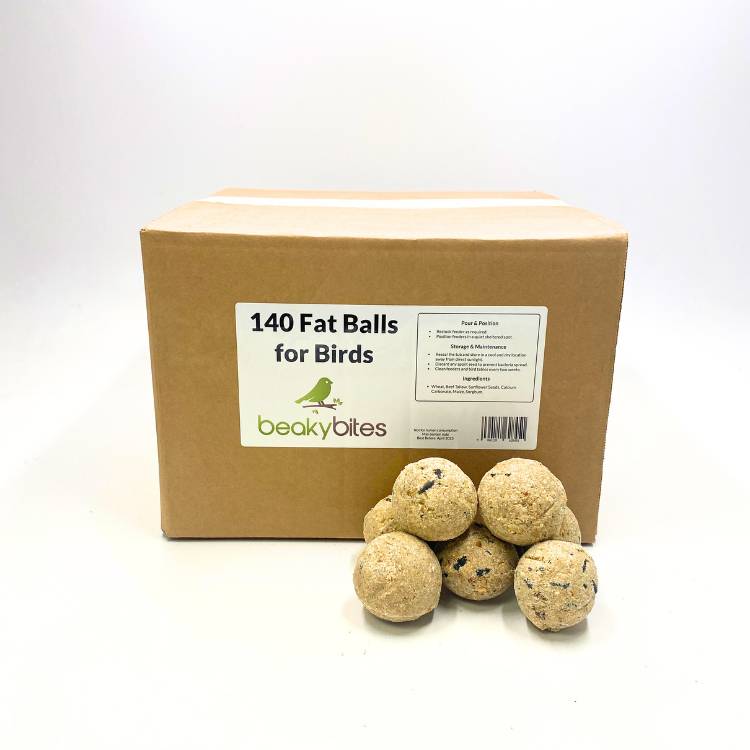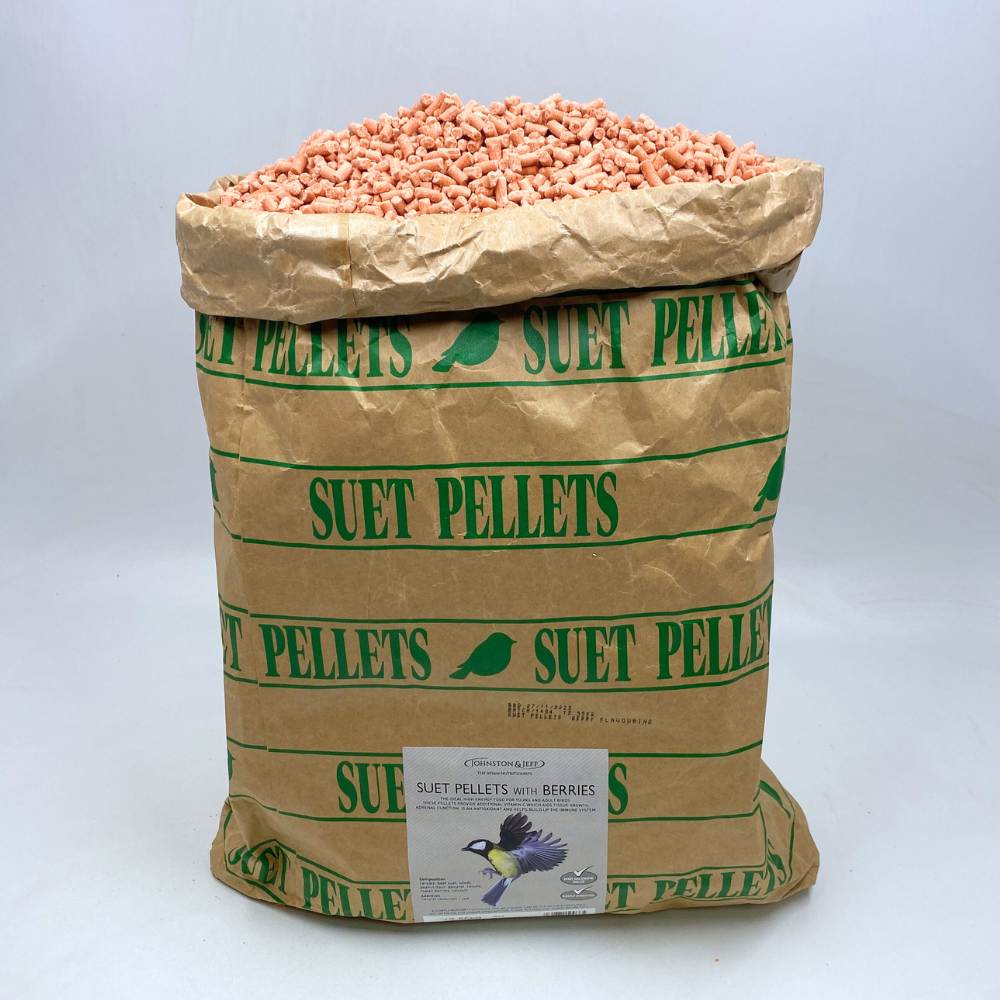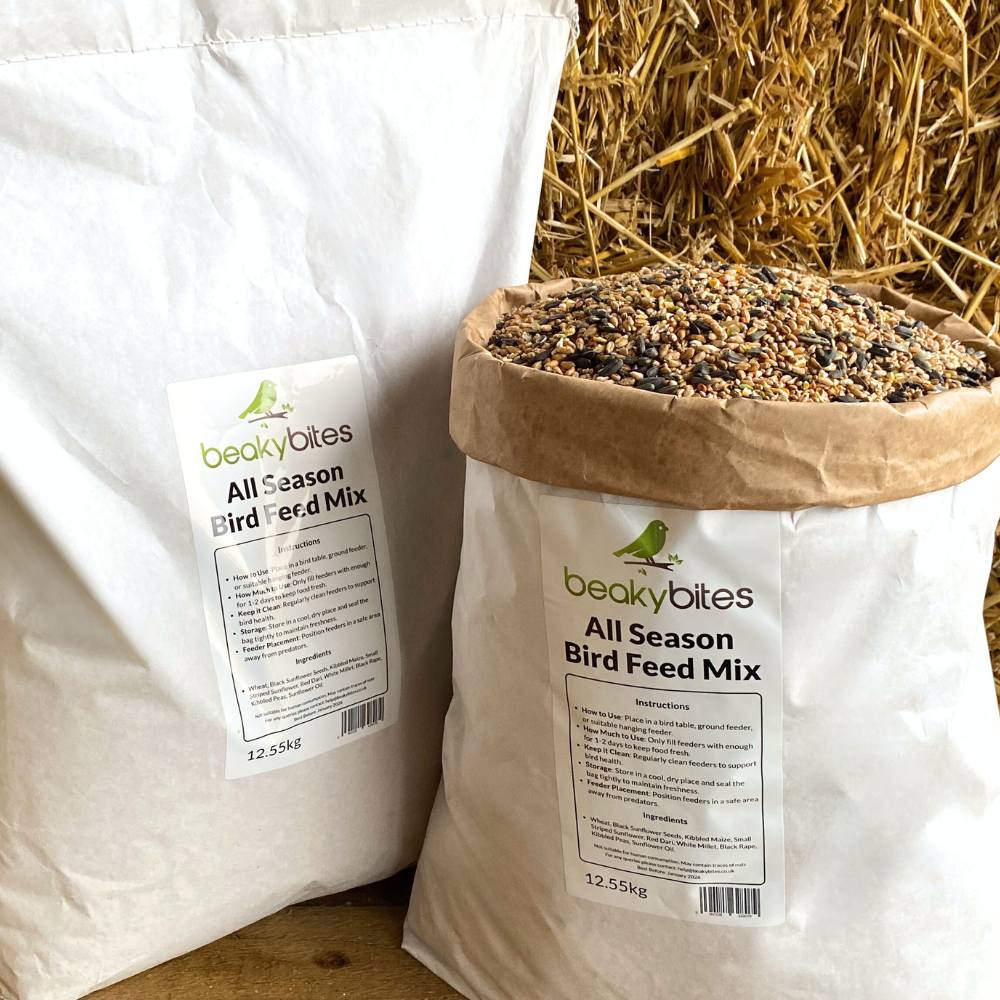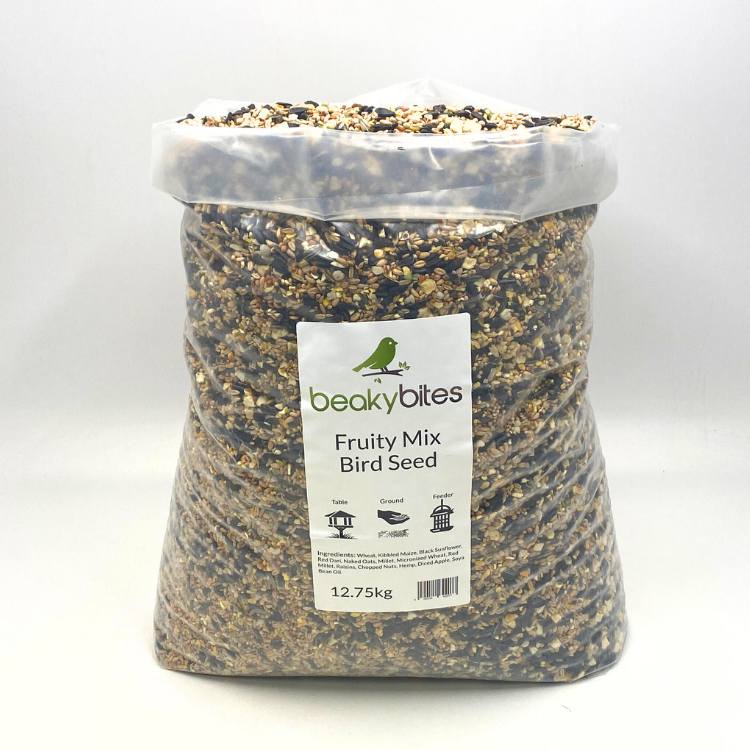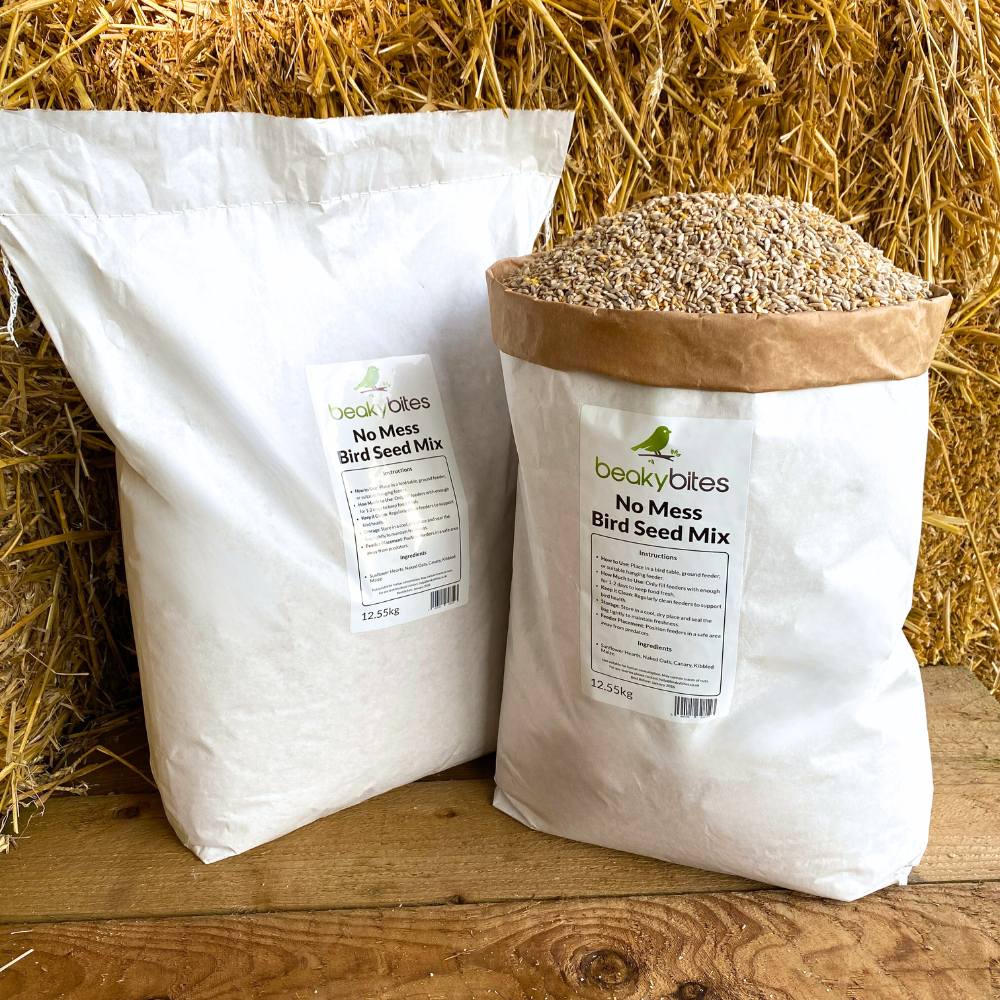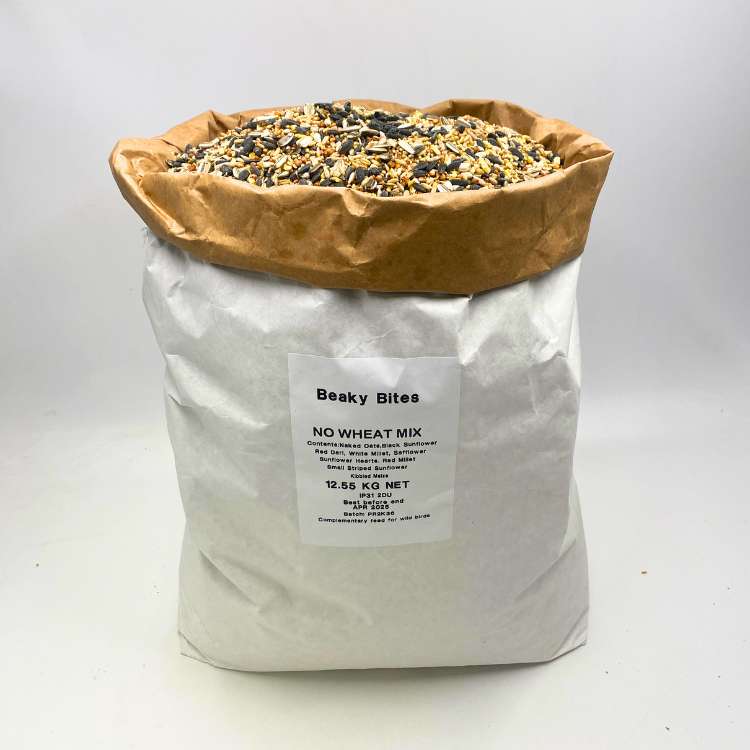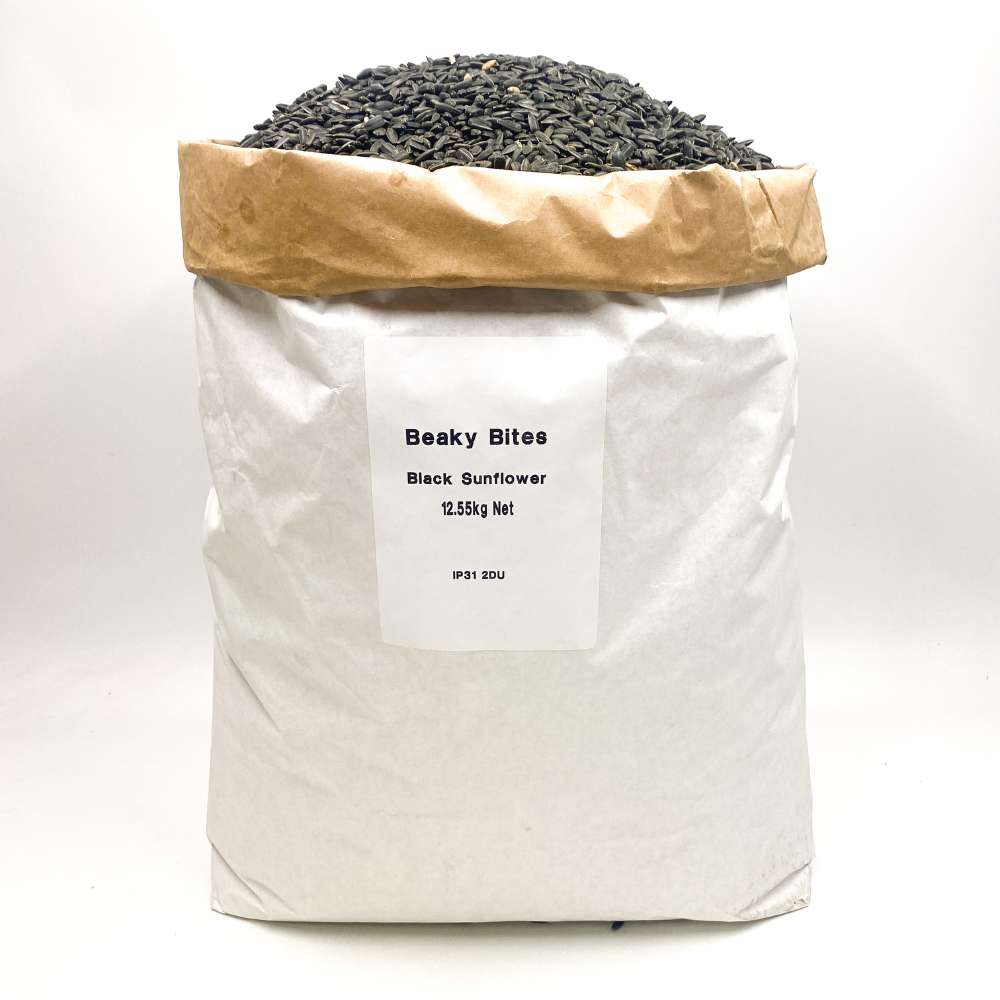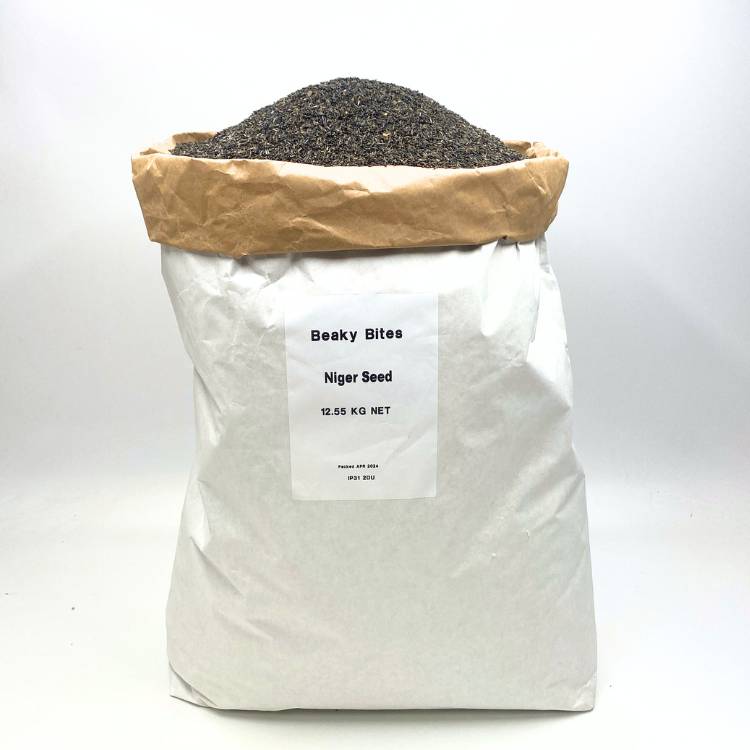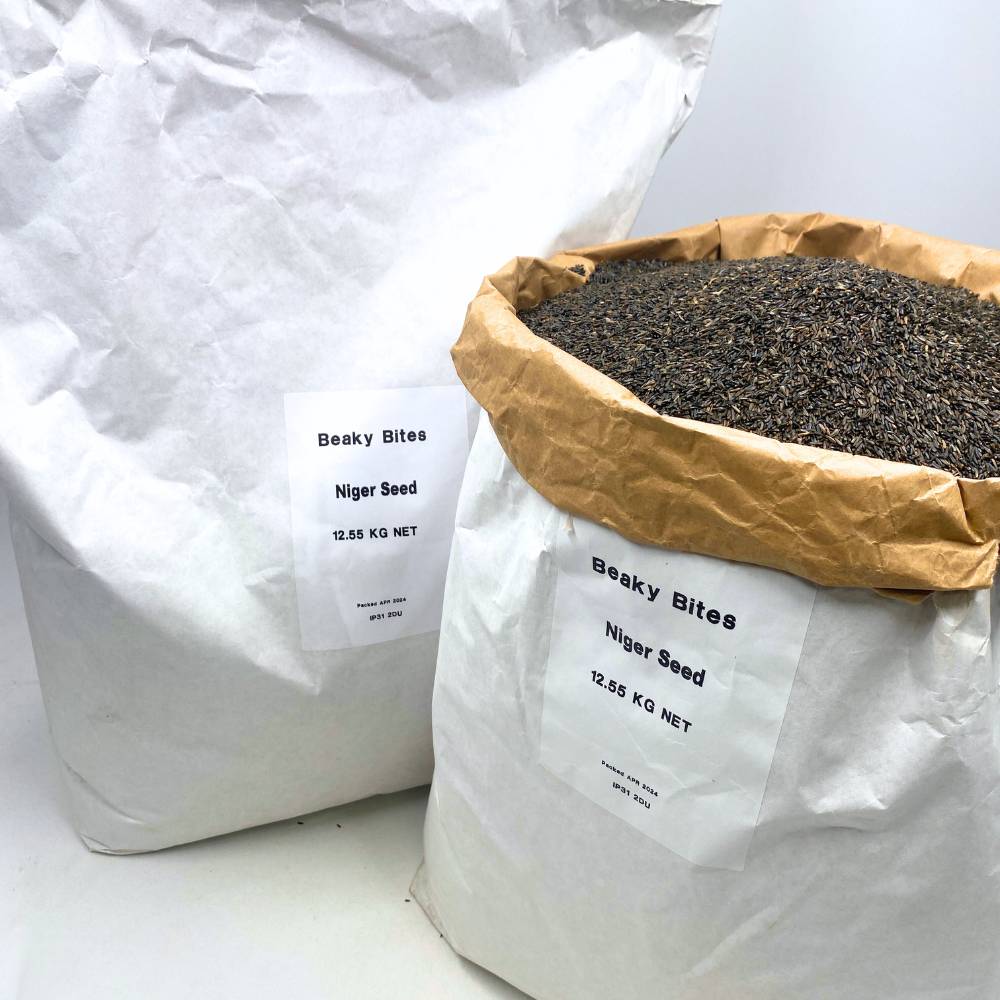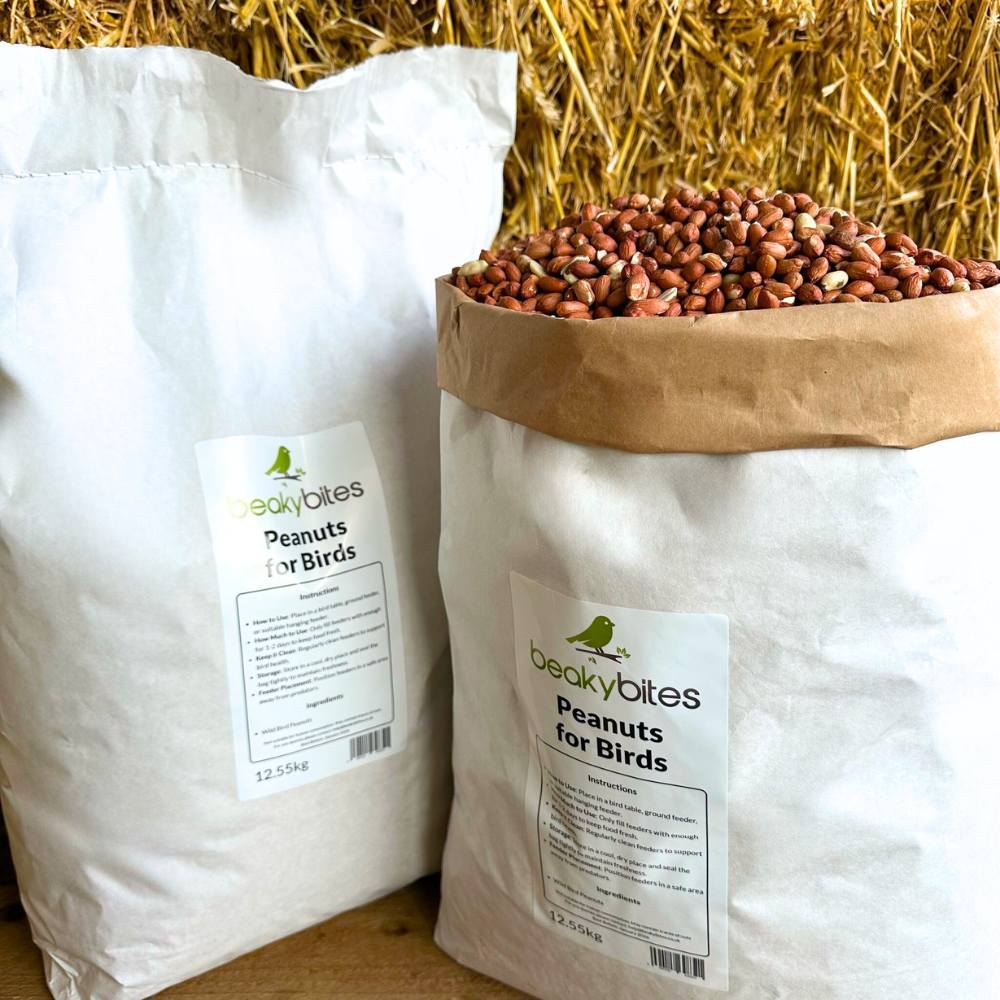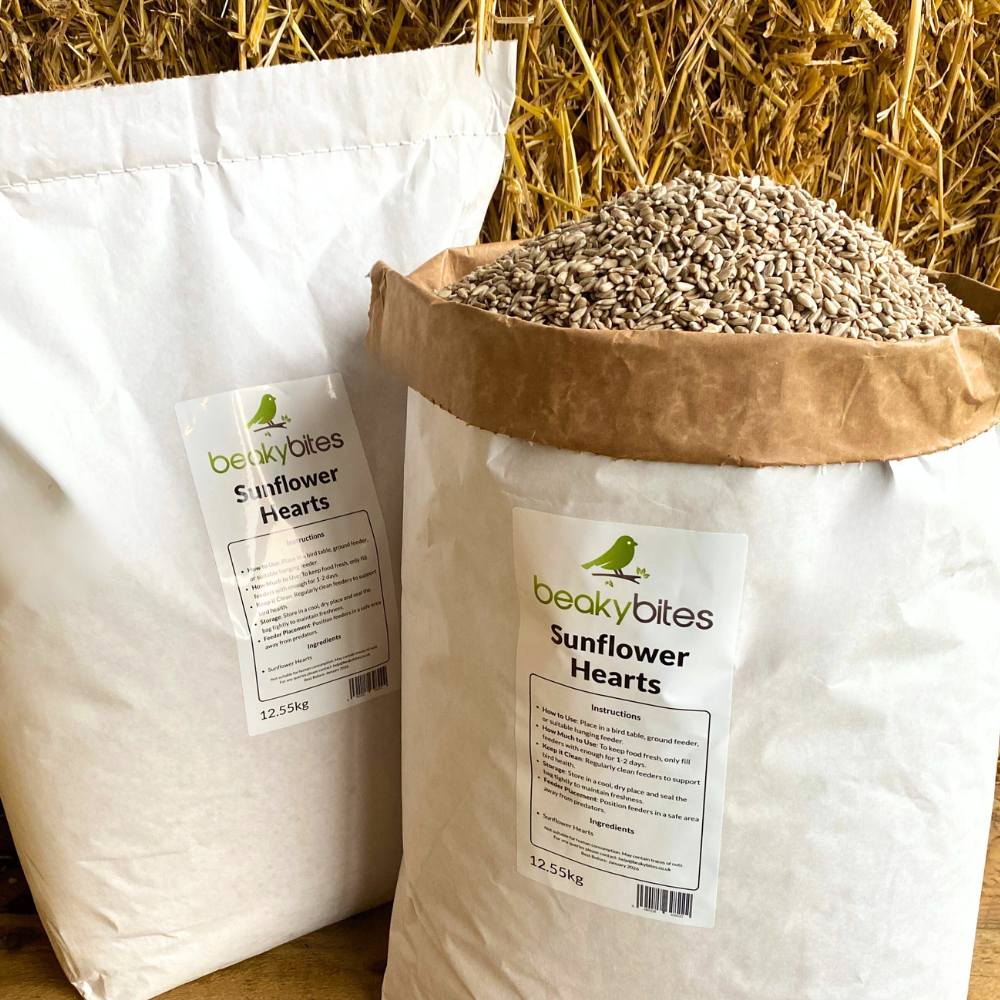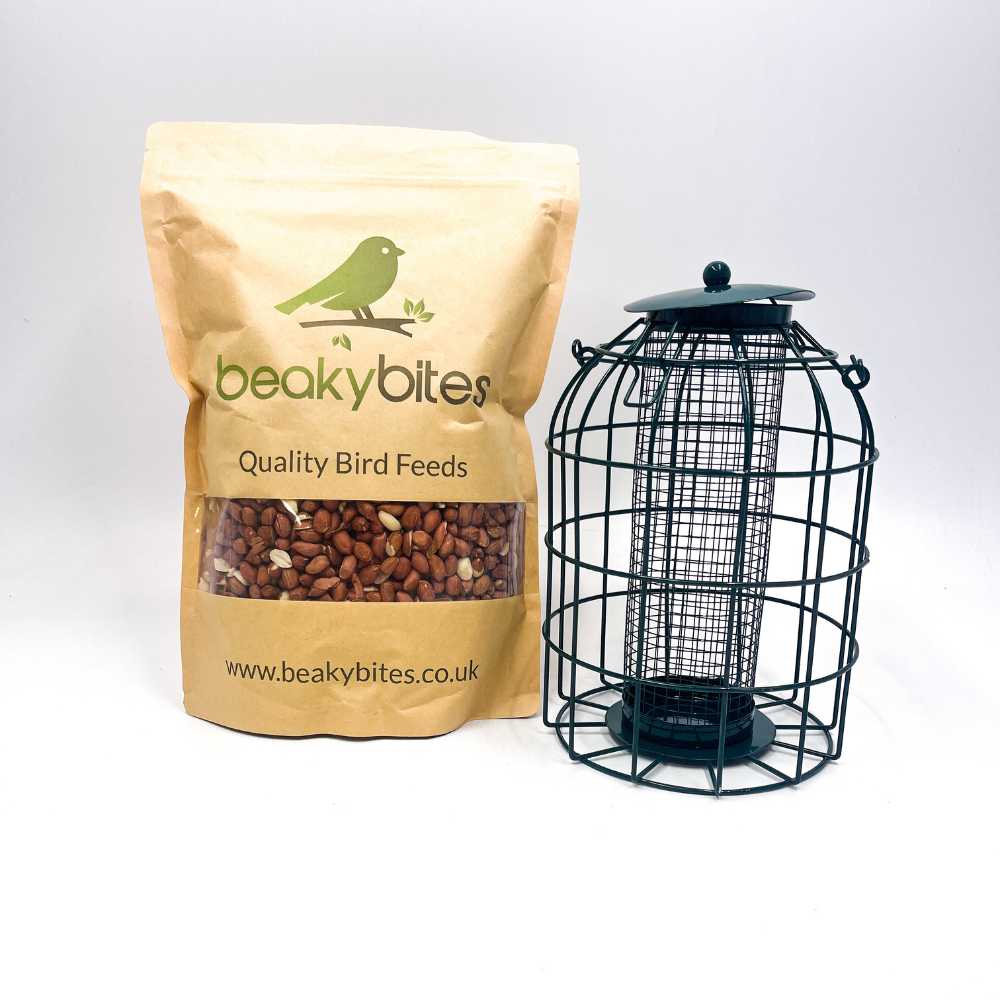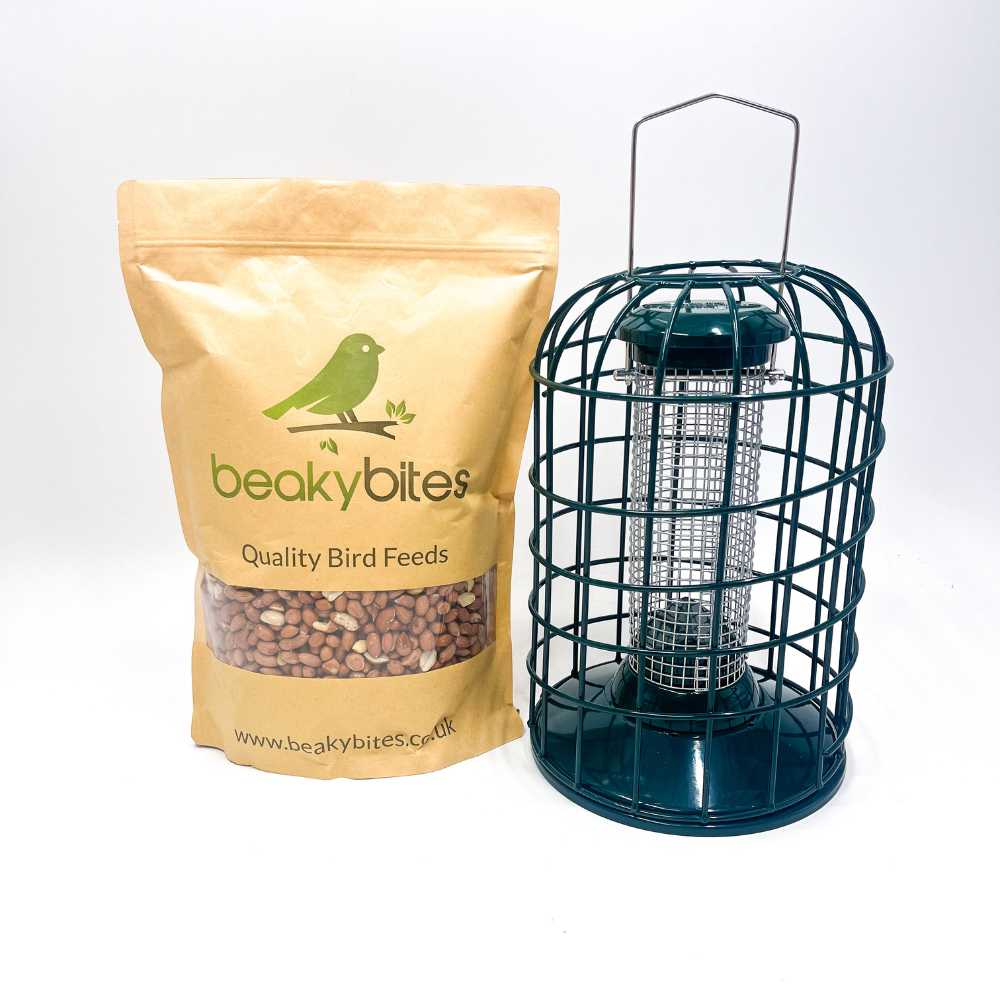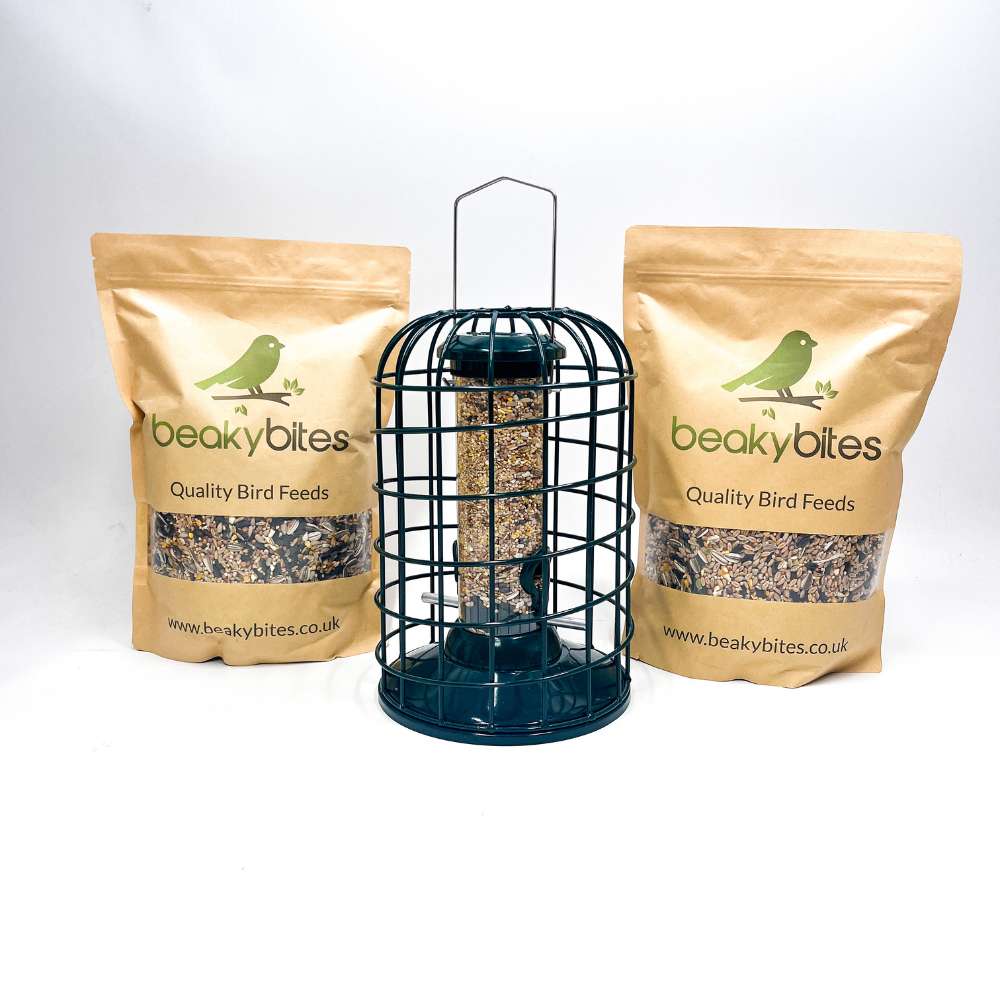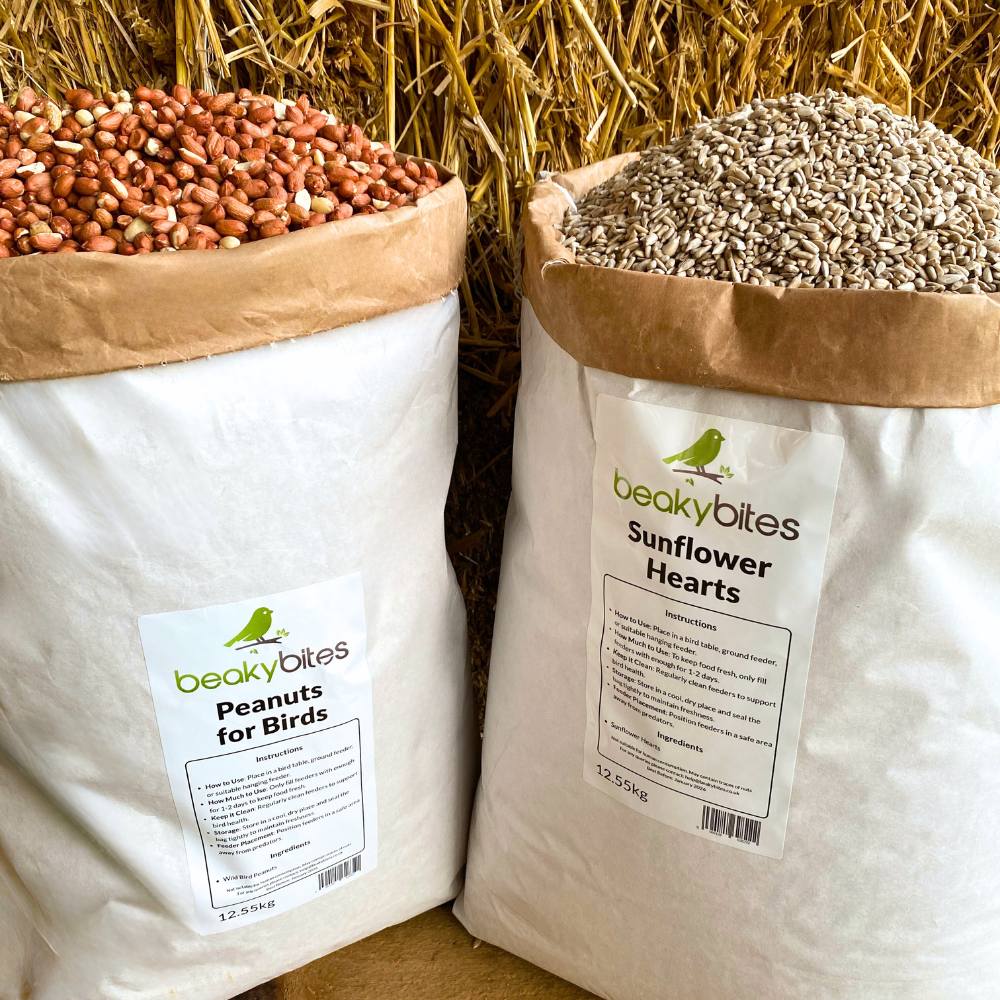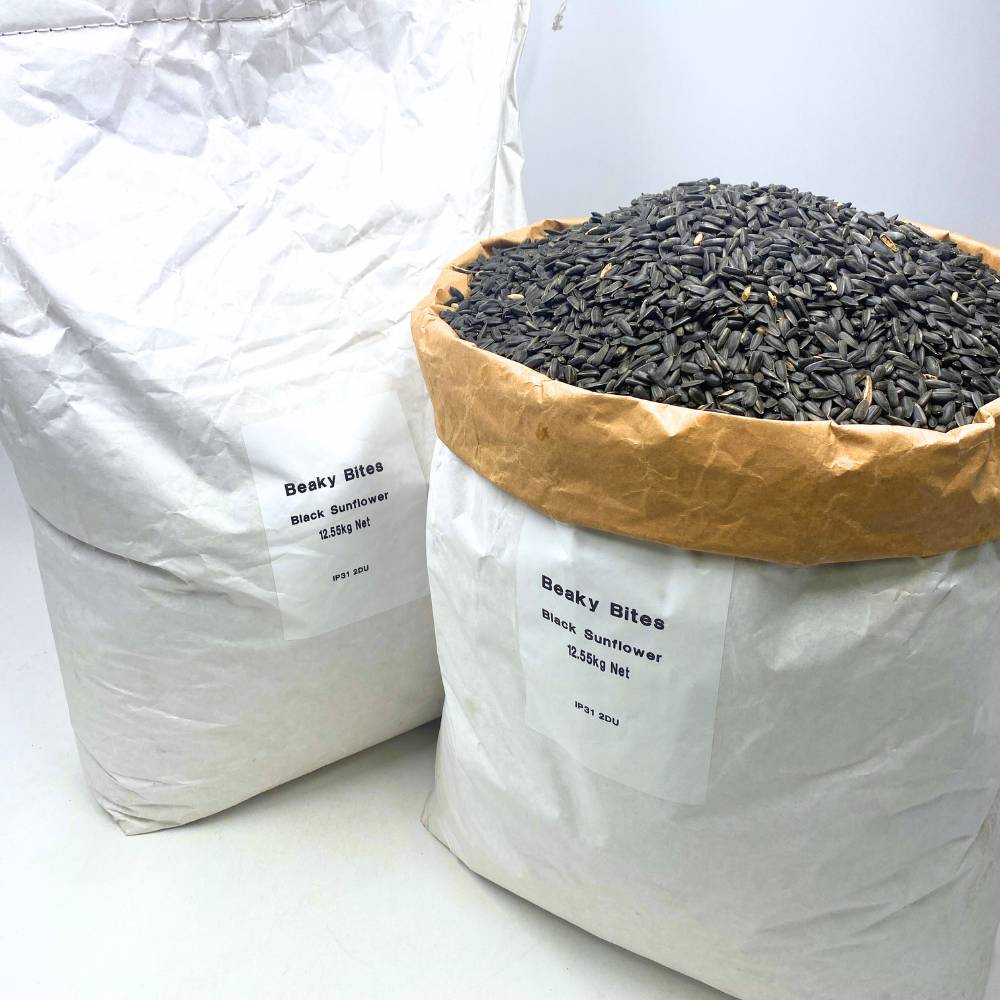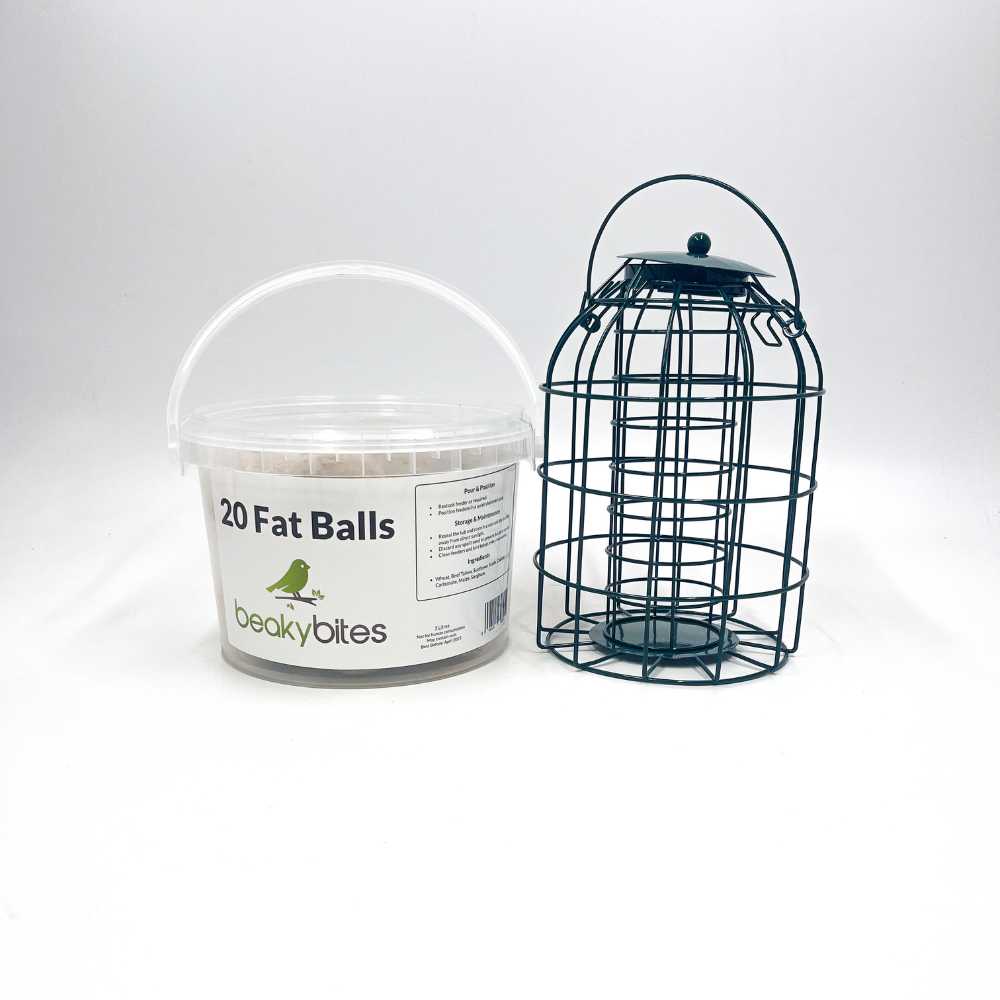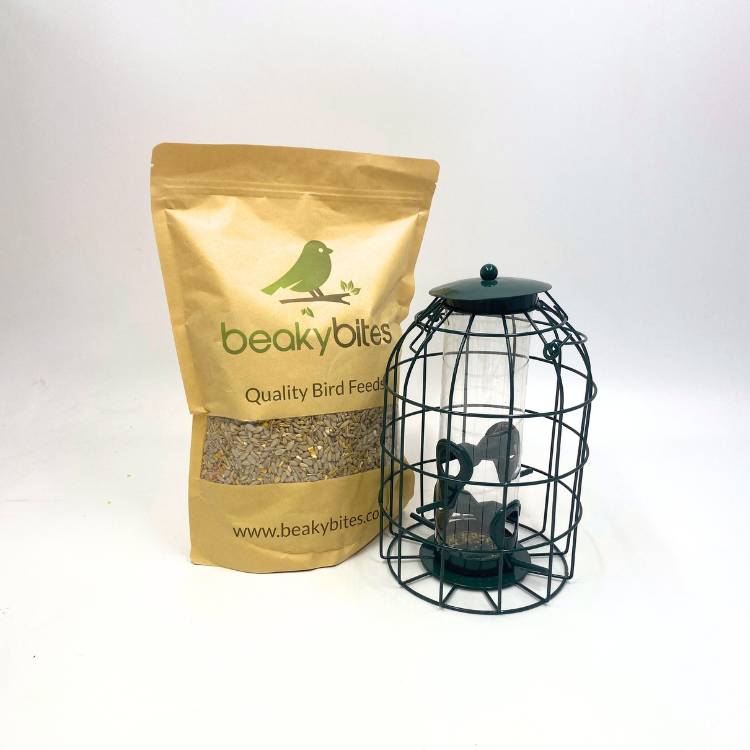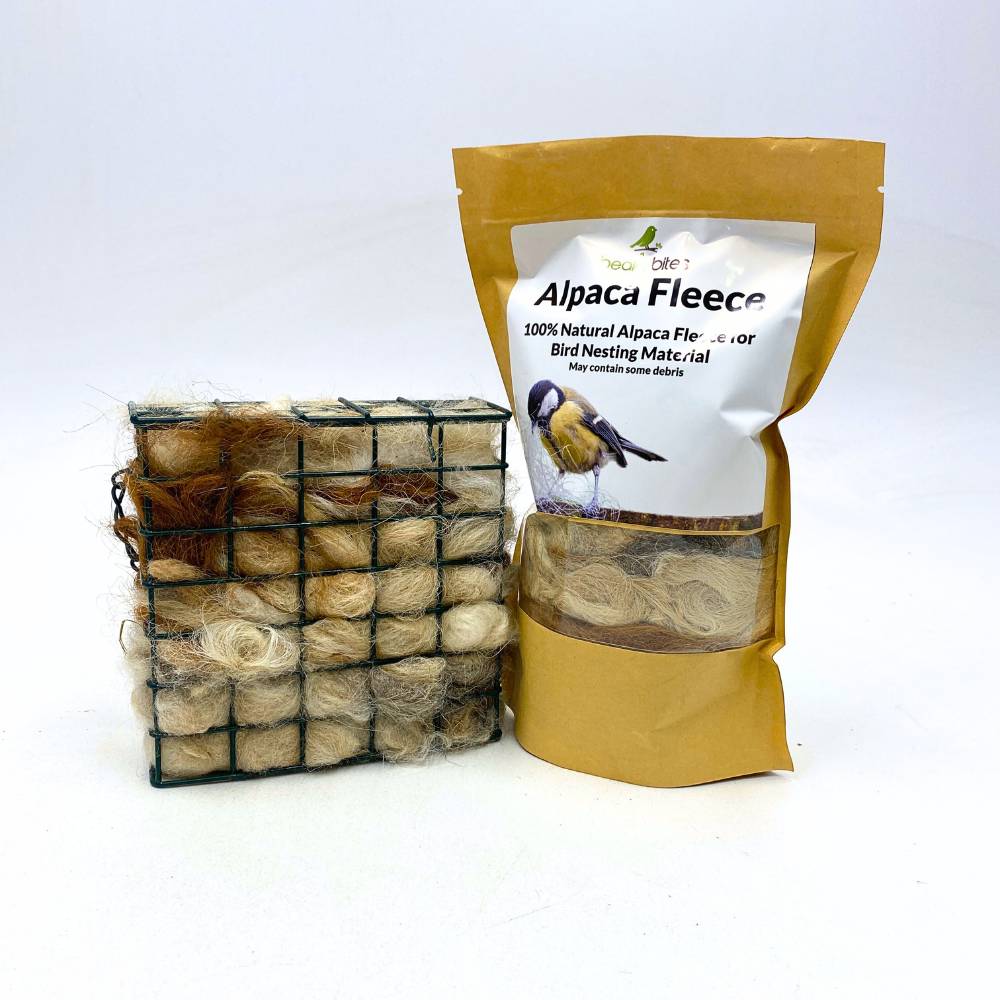Benefits of Feeding Squirrels: Tips for a Wildlife-Friendly Garden
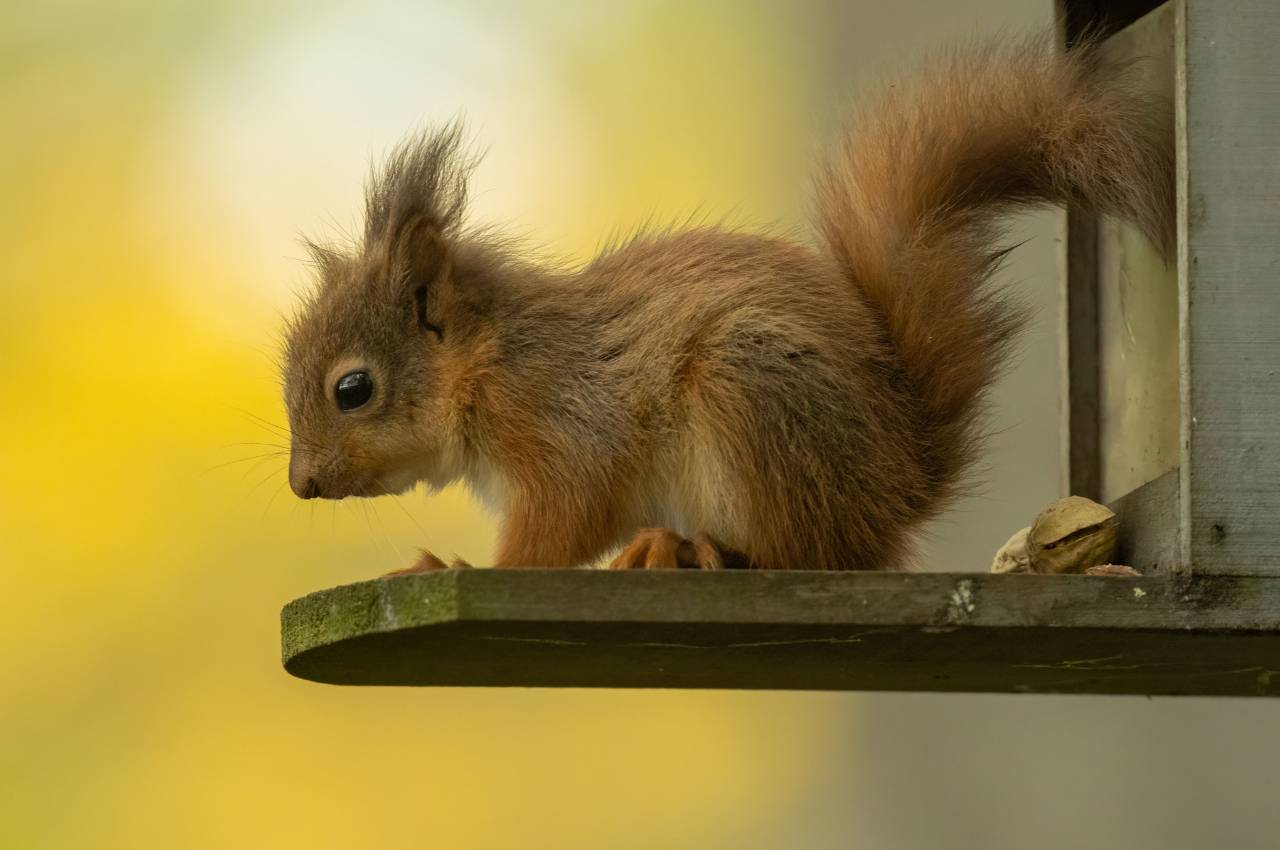
Squirrels in Your Garden? Feed Them Right!
Want to feed the squirrels in your garden? Start with the right foods. This article covers the best foods to feed squirrels, what to avoid and how to use squirrel feeders when feeding squirrels. Feeding squirrels can be fun if done correctly!
Summary
Squirrels are herbivores, nuts, seeds, fruits and vegetables are their diet for health and dental care.
Best foods for squirrels are a mix of nuts, seeds and safe fruits like apples, but avoid junk food and salted peanuts.
Using squirrel feeders helps to create a dedicated feeding area, reduces competition with birds and makes wildlife watching more enjoyable.
Squirrel Diets
Squirrels are herbivores, nuts, seeds, fruits, fungi and green vegetation are their diet. Their varied dietary needs require a balanced nutrition to support their active lifestyle. Squirrels forage extensively for nuts and seeds which are essential for their diet and dental care, gnawing keeps their teeth in check.
Different squirrel species have slightly different diets. For example grey squirrels eat a mix of seeds, plant buds and occasionally insects to supplement their protein intake. While they stick to their usual food sources, during summer months red and grey squirrels may eat tree bark and flowers if nuts and seeds are scarce. This adaptability allows them to survive in different environments and conditions.
Knowing this helps you to feed them the right foods to meet their nutritional needs and keep them healthy, and make your garden a squirrel friendly haven.
Best Foods to Feed Squirrels
Nut mixes, apples and carrots are good for squirrels health and well being. These foods provide a balanced diet and nutrients. A varied diet that includes naturally foraged nuts and seeds is also good for garden squirrels.
Squirrel food can be categorised into nuts and seeds, fruits and vegetables and occasional treats. Each category has its own benefits, so squirrels get a balanced diet.
Nuts and Seeds
Nuts and seeds are the staple foods for squirrels. Hazelnuts, walnuts and acorns rich in fats and proteins meet their energy needs. Sunflower seeds are also a good addition. These foods provide essential nutrients and helps in dental care through constant gnawing.
Also black oil sunflower seeds and nut based blends found in bird food mixes can be fed to squirrels. During fall squirrels store these foods to prepare for winter scarcity, showing their natural foraging and storing behaviour.
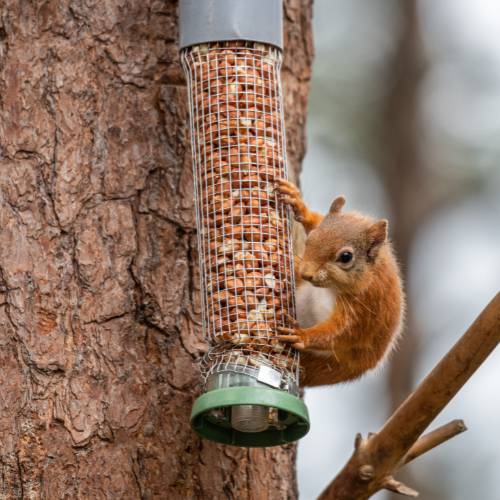
Fruits and Vegetables
Adding fruits and vegetables to a squirrel’s diet will give them essential vitamins and minerals. Apples, pears and carrots are safe and healthy options that squirrels love. Leafy greens like lettuce and spinach also provides necessary nutrients for a balanced diet.
Adding fruits and vegetables to their diet gives squirrels a range of nutrients. This supports overall health and complements the energy rich nuts and seeds they eat.
Occasional Treats
While nuts and seeds are the foundation of their nutrition, occasional treats adds variety and fun. Dried fruits and small amounts of corn are good treats. But offer them in moderation to avoid dietary imbalance.
These treats are fun and gives extra energy to the squirrels. Remember moderation is key to a healthy diet for these furry friends.
Free Delivery Deals
Foods to Avoid When Feeding Squirrels
Knowing what to avoid is as important as knowing what to feed squirrels. Junk food is unhealthy and should not be part of their diet. Salted peanuts are bad for them due to high sodium content, always avoid them.
Raw onions and garlic are not liked by squirrels and can be harmful if ingested. Mouldy corn is dangerous and should never be given.
Avoiding these harmful foods will keep garden squirrels healthy and thriving.
Squirrel Feeders
Squirrel feeders can manage feeding while keeping squirrels away from bird feeders. DIY feeders using hanging baskets will deter squirrels from bird feeders and give them their own food source.
A dual basket design can be used to create a squirrel proof feeder, allows easy refilling while preventing squirrels to raid bird feeders. Cable ties can be used to hold these feeder cages together, makes them sturdy and easy to clean.
Squirrel feeder provides a dedicated spot for feeding, reduces competition with birds and both will get nourishment. This support local wildlife and makes watching these animals in your garden a joy, especially when you have a bird feeder.
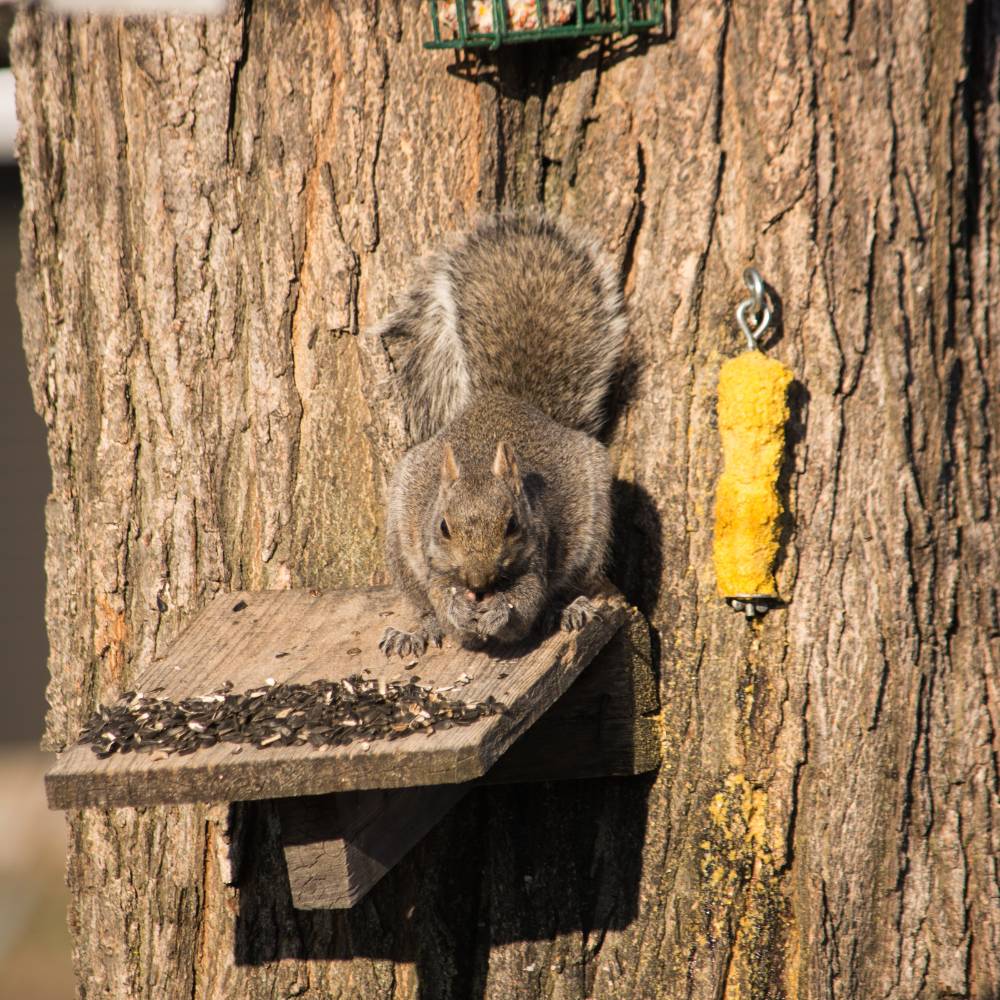
Seasonal Feeding Tips
Seasonal feeding will give squirrels the right nutrients based on natural food availability, throughout the year.
This section will give tips for winter and summer feeding to keep the squirrels in your garden healthy and happy. You can also learn how to feed grey squirrels.
Winter Feeding
During winter when natural food sources are scarce, high fat and protein rich foods like nuts and seeds will sustain squirrels energy. Suet will also supply fats to keep them warm and active.
Hide food in different locations to encourage foraging behaviour, keep the squirrels active and mentally stimulated even in winter. This is how they forage in the wild and keeps them engaged.
Summer Feeding
In summer provide fresh water and light snacks to keep the squirrels hydrated. Fresh fruits like apples and pears will help to maintain hydration and energy.
Light snacks like sunflower seeds can be given in moderation to maintain energy without overfeeding. Make sure squirrels always have access to clean water, especially in hotter months.
Why Feed Squirrels
Feeding squirrels benefits both animals and humans. An artificial food source will boost local squirrel population and support their survival. As squirrels eat seeds and nuts they will help in seed dispersal and promote plant growth and biodiversity.
Watching squirrels is entertainment and joy, enriches human interaction with nature. Feeding squirrels in a designated area will manage other garden wildlife, so small garden birds will have their own feeding stations.
Conclusion
In summary, feeding squirrels in your garden can be a fun experience that supports local wildlife and brings joy to your daily life. By knowing their dietary needs and providing the right foods, you can keep the squirrels in your garden healthy and happy all year round.
Remember to adjust your feeding according to the season and never give harmful foods. With these tips your garden will be a haven for these adorable creatures and will bring endless joy and ecological benefits.
Frequently Asked Questions
Can I feed a squirrel?
- Answer: Yes, you can feed squirrels but do it sparingly, like small amounts every 3 or 4 days. This will keep them healthy without encouraging them to depend on human food.
What not to feed squirrels?
- Answer: Never feed squirrels junk food, salted peanuts, raw onions, garlic and mouldy corn, these can be harmful to their health. Keep their diet natural and safe and they will thrive!
Can I feed squirrels anytime?
- Answer: Yes, you can feed squirrels all year round! Just remember to seasonally adjust their diet—high fat in winter and fresh fruits in summer.
How do squirrel feeders help?
- Answer: Squirrel feeders really help by giving squirrels their own feeding area, so there’s less competition with birds and everyone gets enough food. It’s a win-win for both!
What are the best nuts for squirrels?
- Answer: Squirrels love hazelnuts, walnuts and acorns because they are high in healthy fats and proteins. These nuts will give squirrels the energy they need to thrive!
